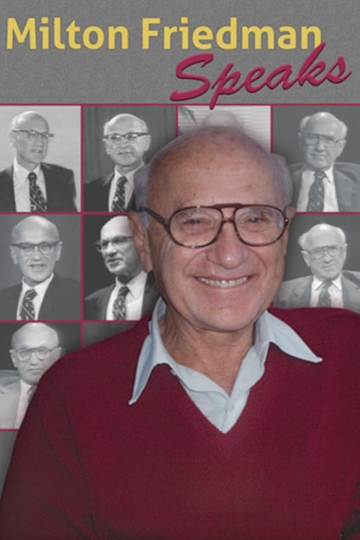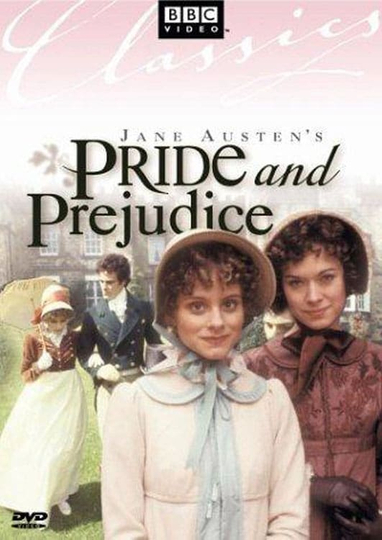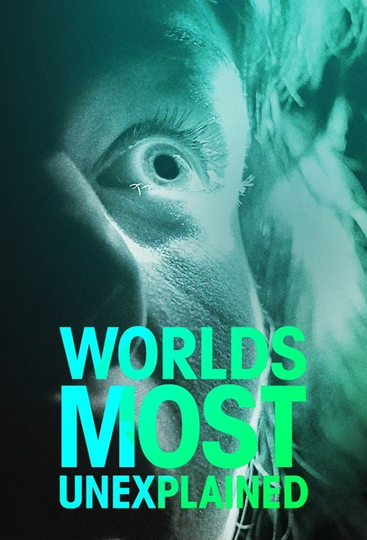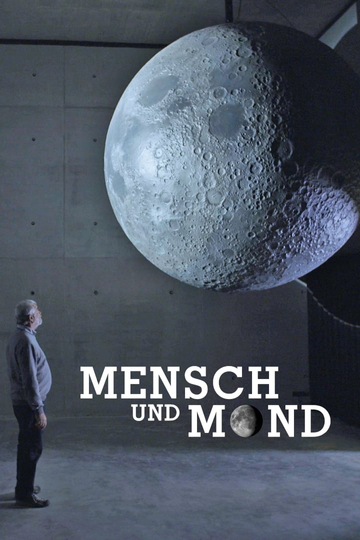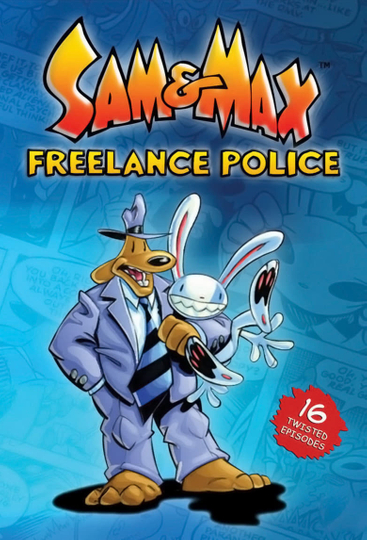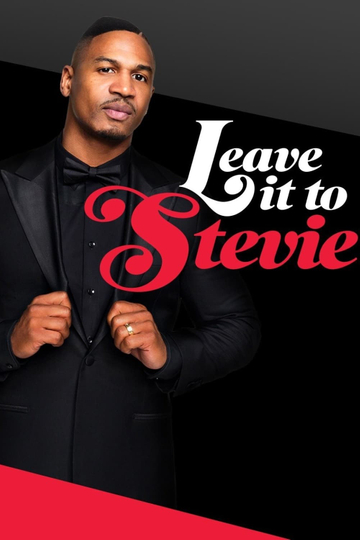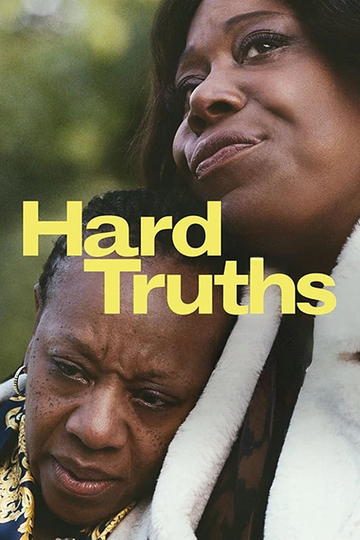Season 1 Episodes
1. What is America? (Lecture)
Is America still the land of opportunity, or is it a land worn thin, showing much bureaucracy and less freedom? Dr. Friedman’s view of America’s present situation is not sanguine. He identifies the chief problem and its corollary solution: We must restore the prestige and influence of the single mechanism most responsible for America’s greatness— the free market. Our greatest defense against becoming over-governed is the free market. Recorded at University of Chicago
2. What is America? (Q&A)
Audience Q&A session for "What is America?" lecture.
3. Myths That Conceal Reality (Lecture)
Five myths cloud our perception of both the past and the present. Recorded at Utah State
4. Myths That Conceal Reality (Q&A)
Audience Q&A session for "Myths That Conceal Reality" lecture.
5. Is Capitalism Humane? (Lecture)
The question is irrelevant. Capitalism per se is not humane or inhumane; nor is socialism. If we compare the two in terms of results, it is clear that only capitalism fosters equality and works toward social justice. The one is based on the principle of voluntary cooperation and free exchange, the other on force of position and power. In a free economy, it is hard to do good—you either have to use your own hard-earned money to do it or work hard to persuade others to your course. But by the same token, it is difficult to do harm because by preventing a concentration of power, capitalism prevents people from committing sustained, serious harm. Is capitalism humane or inhumane? It is neither. But it tends to give free rein to the human values of human beings. Recorded at Cornell University
6. Is Capitalism Humane? (Q&A)
Audience Q&A session for "Is Capitalism Humane?" lecture.
7. The Role of Government in a Free Society (Lecture)
John Stuart Mill said, in effect, that self-protection is the only legitimate reason for people to interfere with the freedom of others. If we are to define the role of government in a free society, we must first specify what we mean by self-protection. Recorded at Stanford University
8. The Role of Government in a Free Society (Q&A)
Audience Q&A session for "The Role of Government in a Free Society" lecture.
9. What is Wrong with the Welfare State? (Lecture)
The welfare state is an attempt to “do good” with someone else’s money. The aim may be worthy but the means are faulty. The problem is that you do not spend someone else’s money as carefully as your own. More to the point, it’s impossible to “do good” with someone else’s money without first taking it away from someone else. That implies coercion—the use of bad means to corrupt the good ends of the welfare state. Welfare programs implicitly encourage competition for government funds and create unfortunate divisions and antagonisms in our society that erode individual freedom. We must find other means—voluntary cooperation and private giving, for example — to achieve our objective. Recorded at University of Rochester
10. What is Wrong with the Welfare State? (Q&A)
Audience Q&A session for "What is Wrong with the Welfare State?" lecture.
11. Money and Inflation (Lecture)
Inflation is blamed on many things. But it has only one cause: It is a monetary phenomenon. Inflation occurs when the quantity of money increases faster than the quantity of goods. Why does the money supply increase? Very often, it does so to enable the government to pay its bills without raising taxes. There’s only one real cure for inflation. It is a cure that’s easy to describe but difficult to apply: The government must reduce spending and print less money. The alternatives are both recession and double-digit inflation. Recorded at University of San Diego & San Diego Chamber of Commerce
12. Money and Inflation (Q&A)
Audience Q&A session for "Money and Inflation" lecture.
13. Is Tax Reform Possible? (Lecture)
Why do Americans pay more in taxes than they really want to? Can they do anything about it? Americans must understand that their true tax burden is what the government spends—regardless of how that spending is financed — and that if government spending goes up faster than prices in general, the real tax burden increases. Simplifying the system is far from easy, but the real defect is not in the tax system, anyway, but in the budget structure. Our only hope for tax reduction is in establishing constitutional provisions that will set limits on government spending. Recorded at Americanism Education League, Pasadena, CA
14. Is Tax Reform Possible? (Q&A)
Audience Q&A session for "Is Tax Reform Possible?" lecture.
15. Producer vs Consumer (Lecture)
If free trade is so good, why is protectionism so popular? Part of the answer lies in a simple political principle — interests that are concentrated (those of the producer) are more politically effective than interests that are diffused (those of the consumer). Protection does not create jobs or move goods; rather, it forces us to expend greater effort to get the goods we produce, since they cost more to produce at home than abroad. The balance of payments can take care of itself, provided we do not manipulate foreign exchange markets to put an artificial value on the dollar. The right solution is to systematically dismantle our own trade barriers and set an example for the rest of the world. Recorded at Alfred M. Landon Lecture at Kansas State University
16. Free Trade: Producer vs Consumer (Q&A)
Audience Q&A session for "Free Trade: Producer vs Consumer" lecture.
17. Energy Crisis: A Humane Solution (Lecture)
It’s pointless to try to predict the availability of adequate sources of energy. What we need is an adjustable mechanism to enable us to adapt to whatever happens. We already have such a mechanism: The market helps us make transitions to the future—just as it has done in the past— if it is allowed to operate freely. Our present energy crisis exists because this crucial mechanism has not been allowed to function freely. Our prospects will be much improved if we can devise means to abolish —or at least work around—the government controls that interfere with the production, distribution and use of energy. Recorded at Bank of America, San Francisco, CA
18. Energy Crisis: A Humane Solution (Q&A)
Audience Q&A session for "Energy Crisis: A Humane Solution" lecture.
19. The Economics of Medical Care (Lecture)
Increasing government involvement in medical care will take us toward fully socialized medicine. This trend is clearly against the interests of patients, physicians, and other health care personnel. There is of course, no such thing as “free” health care —you either pay for it directly, or via the tax system, with bureaucrats taking their usual cut along the way. The reality of the situation is that government involvement in the economics of medical care leads directly to higher costs for that care. There is no special role for government in medical care. Government should do there only what it does in other fields — enforce laws against fraud and deception, and offer some assistance (comparable to flood or tornado relief) to those in extreme medical distress. Recorded at Mayo Foundation, Rochester, MN
20. The Economics of Medical Care (Q&A)
Audience Q&A session for "The Economics of Medical Care" lecture.
21. Putting Learning Back in the Classroom (Lecture)
The quality of public education in America today in many places is deplorable. Dr. Friedman identifies (1) the increasing centralization and bureaucratization of the educational establishment, which inhibits educators from seeing and responding to the needs of their “consumers” — parents and students; (2) our altered view of the relationship between the individual and society— the shift from seeing the individual as responsible for oneself to seeing the individual as someone controlled by social forces. An obvious solution is to give power back to the parents. The voucher system is an especially effective means of exercising that power; it can foster competition among public and private institutions and incite them to offer us a better quality educational “product.” Recorded at Harlem Parents for Vouchers, New York City
22. Putting Learning Back in the Classroom (Q&A)
Audience Q&A session for "Putting Learning Back in the Classroom" lecture.
23. Who Protects the Consumer? (Lecture)
Consumer legislation doesn’t in the end protect the consumer; rather, it benefits the consumer advocates, including reformers, special interest groups, and regulatory agencies. What does protect the consumer? Alternative sources of supply at variable prices are the inevitable result of international competition—free trade. Recorded at Pfizer Corporation, New York City
24. Who Protects the Consumer? (Q&A)
Audience Q&A session for "Who Protects the Consumer?" lecture.
25. Who Protects the Worker? (Lecture)
Unions offer protection to workers in some situations, but union membership represents only one-fifth of the American labor force. And while some unions do benefit their members, it is generally at the expense of competing workers and frequently at the expense of the consumer. Government? Government provides some protection, but its efforts are minor. Some workers with only one possible employer—or with no possible employer— enjoy very little protection. The right answer to the question “Who protects the worker?” is that the worker is protected by employers — by the existence of other employers who can and will compete for his or her services if a present employer fails to provide decent wages and working conditions. The only real way to protect the standard of living of the American worker is to preserve a freely competitive labor market. Recorded at WQLN TV, Erie Pennsylvania
26. Who Protects the Worker? (Q&A)
Audience Q&A session for "Who Protects the Worker?" lecture.
27. Equality and Freedom in the Free Enterprise System (Lecture)
If the government has the power and responsibility to promote equality of income, then how do we define the concept of equality? Jefferson, in his Declaration of Independence, meant equality before the law, a concept necessary precisely because people are not equal in tastes, values, or capacities. Later, equality came to mean equality of opportunity—the chance to run a fair race. Within a free market system, both definitions are consistent with other values: efficiency, justice, and liberty. More recently, equality has come to mean equality of outcome. Equality of outcome cannot be mandated, cannot be insured. Any serious attempt to achieve it would destroy freedom. Recorded at NASA at the College of William and Mary, Newport News Campus
28. Equality and Freedom in the Free Enterprise System (Q&A)
Audience Q&A session for "Equality and Freedom in the Free Enterprise System" lecture.
29. The Future of Our Free Society (Lecture)
We live under a form of slavery—government domination of the market economy. We have come a long way from a truly free economy: Consider the number of markets to which new firms do not have free access; consider the erosion of expression for business people; consider the plethora of government regulations American business must contend with. Can these trends be reversed? It is harder to repeal laws than pass them. Recorded at National Association of Manufacturers/National Industrial Council, Congress of American Industry, Washington DC
30. The Future of Our Free Society (Q&A)
Audience Q&A session for "The Future of Our Free Society" lecture.










